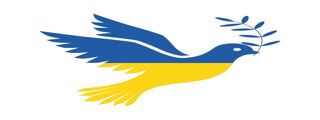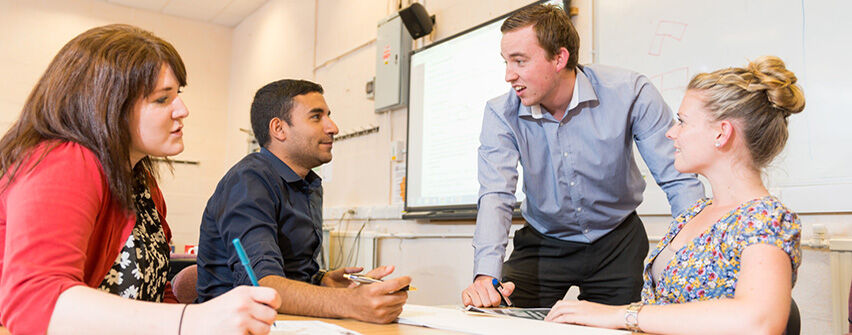This paper draws on the personal accounts of HE lecturers who have transitioned from careers in teaching, social work, or early years into vocationally orientated academic lecturing in those areas. Working within a teaching-focussed School of Education and Social Work (SoESW), in a post ‘92 University, our participants often found the transition from workplace literacies to HE lecturing, and the literacies that involves, to be both disconcerting and disorientating.
and Victoria Birmingham - Birmingham City University
Professional identities are continually being made and re-made through a process of negotiation and struggle between the past and current members of the disciplinary/faculty/institutional communities in any given university.
Vocational lecturers, such as those involved in this research, are often crossing boundaries to other workplaces and communities of practice, for example, in teacher education and social work, when mentoring and observing students on their placements.
Teachers, nurses and social workers have historically developed their professional literacies, often informally, through workplace experiences and training. Today, largely because these vocational students achieve professional status through a university education, employers expect HE tutors to take responsibility for their academic and professional work based literacy development. The particular demands of the theory-practice divide in vocational courses and that fact that many teaching, nursing and social work lecturers have come to higher education directly from professional practice means that they do not often have a background in developing academic literacies/pedagogies, much less how they might intersect and interact with professional work based literacies/pedagogies
This research draws broadly on a multiliteracies/ New Literacy Studies (NLS) theoretical framework (Lea &Street, 1998; New London Group, 1996)
NLS does not treat literacy as one self-evident set of skills which allows people to engage in reading and writing. Rather, it argues that people use many literacies (different kinds of reading and writing) in their everyday lives.
This approach provides an insight into the complexity of practices around different forms of professional/workplace and academic writing and in particular those “hidden” literacy practices and events that distinguish them from other kinds of literacy.
Expertise, in any professional practice, is a situated and imbued with tacit assumptions and ‘ways of doing and knowing’ (Polanyi, 1966; Andersson and Östman, 2015) which are informed by the environment within which they take place (Brookfield, 2017). The tacitness of established professional practices, like any social practices:
[...]become deposited inside persons in the form of lasting dispositions, or trained capacities and patterned propensities to think, feel and act in determinate ways, which in turn guide them in their creative responses to the constraints and solicitations of their extant milieu (Wacquant, 2016: 65).
The accounts discussed in this paper reflect Clegg’s observation that lecturers’ highly differentiated academic identities are:
part of the lived complexity of a person’s project and their ways of being in those sites which are constituted as being part of the academic environment […]’ (Clegg 2008: 329).
Such ‘lived complexity’ means that academic identity is best understood as a process of ‘becoming’ and/or ‘unbecoming’ over time. (Colley et al., 2005). Far from being a smooth, progressive trajectory towards a fixed professional status, negotiating transitional professional academic identities can be experienced as a dislocating process, characterised by ontological uncertainty and feelings of inauthenticity
Using focus groups and interviews, participants were asked to discuss their experiences of transitioning into HE from vocational occupations. From their accounts we suggest that there is a need, one might say institutional imperative, to theorise how vocational lecturers and the students that they teach can be helped to transition effectively from their first profession into a lecturing role in HE, a process which requires a conscious form of professional identity renegotiation and an understanding of the different literacies involved.
A professional literacies/pedagogies framework for HE would critically interrogate and address emerging questions about how lecturers, students and practitioners alike can understand the continuities and discontinuities between the academic literacies and work based literacies required by different higher education degrees and their associated professional work based contexts.
In practical terms it could also explore how individual students might manage, and be helped to practically manage, the different literacy practices operating between, and arising in and out of their developing academic and professional roles in nursing, social work and teacher training.
We conclude that the process of transitioning into HE requires safe and supportive institutional spaces for vocational lecturers to familiarise themselves and gain confidence with the new literacies that HE pedagogies, curricula and assessment require. Finally, we propose ways to formally facilitate the formation of effective hybrid academic/vocational professional literacies for ‘dual career’ lecturers entering HE.

